Wall Street Journal recently pointed out a lesser-known battleground between airlines and passengers: carry-on luggage.
While checked bag fees often dominate headlines, the items you bring onboard are becoming a focal point for airlines looking to streamline operations and increase revenue.
Other major airlines such as Delta, United, and American have quietly adopted Southwest Airlines' move to reclassify pillows and blankets as personal items.
This shift means passengers may need to rethink what they pack and how they pack it, as airlines tighten regulations on what qualifies as a carry-on or personal item.
For savvy travelers, this trend is a reminder to review and potentially repack their bags. With Delta's recent announcement of increased checked-bag fees — now $35 for the first bag and $45 for the second — and other airlines following suit, it's clear that the days of avoiding baggage fees are becoming more challenging.
American Airlines has also joined the trend, with adjustments to their baggage fees and a new discount for slightly overweight bags.
Similarly, United, JetBlue, and Alaska Airlines have introduced $5 increases on bag fees, reflecting the industry's response to rising operational costs and fluctuating airfare prices.
Despite these changes, Southwest remains unique in its offering of two free checked bags, although the airline has also tightened regulations on additional carry-ons.
As airlines become more strict about extra items passengers try to bring onboard, it's clear that the days of slipping by with a fanny pack or shopping bag are coming to an end.
This shift underscores the importance for travelers to stay informed and adaptable in their packing strategies. Packing light and packing smart are no longer just suggestions but essential practices in navigating the evolving landscape of airline regulations and fees

.svg)
.svg)
.svg)


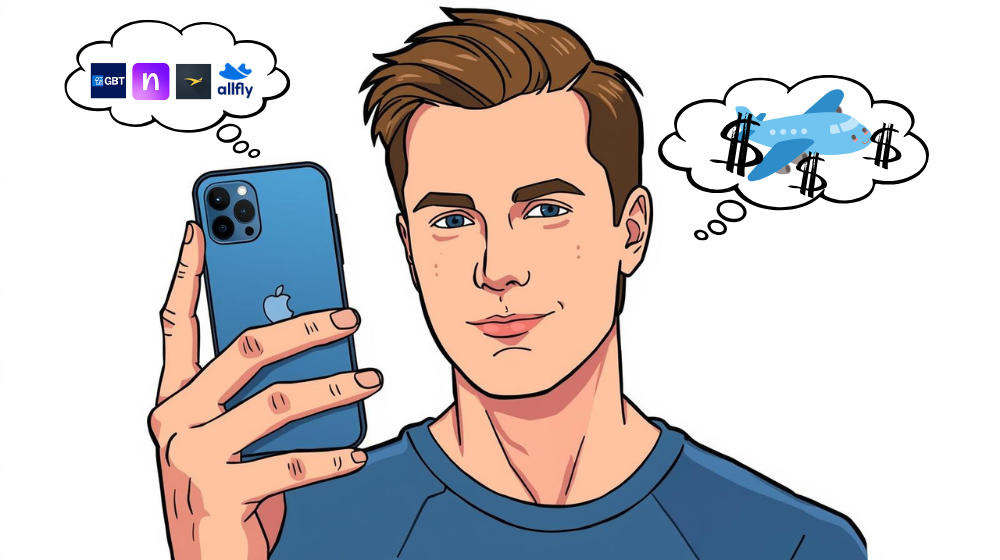


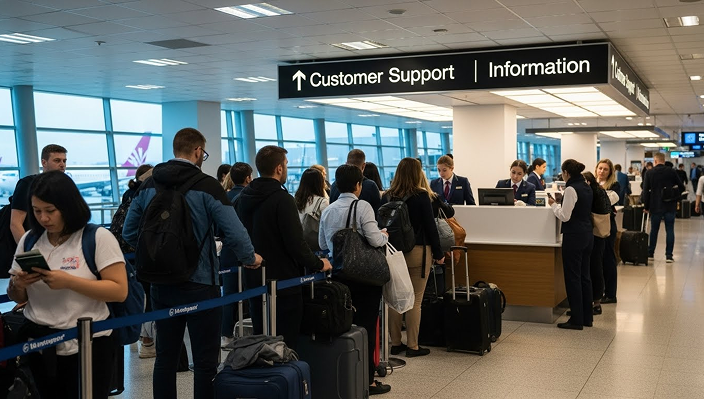
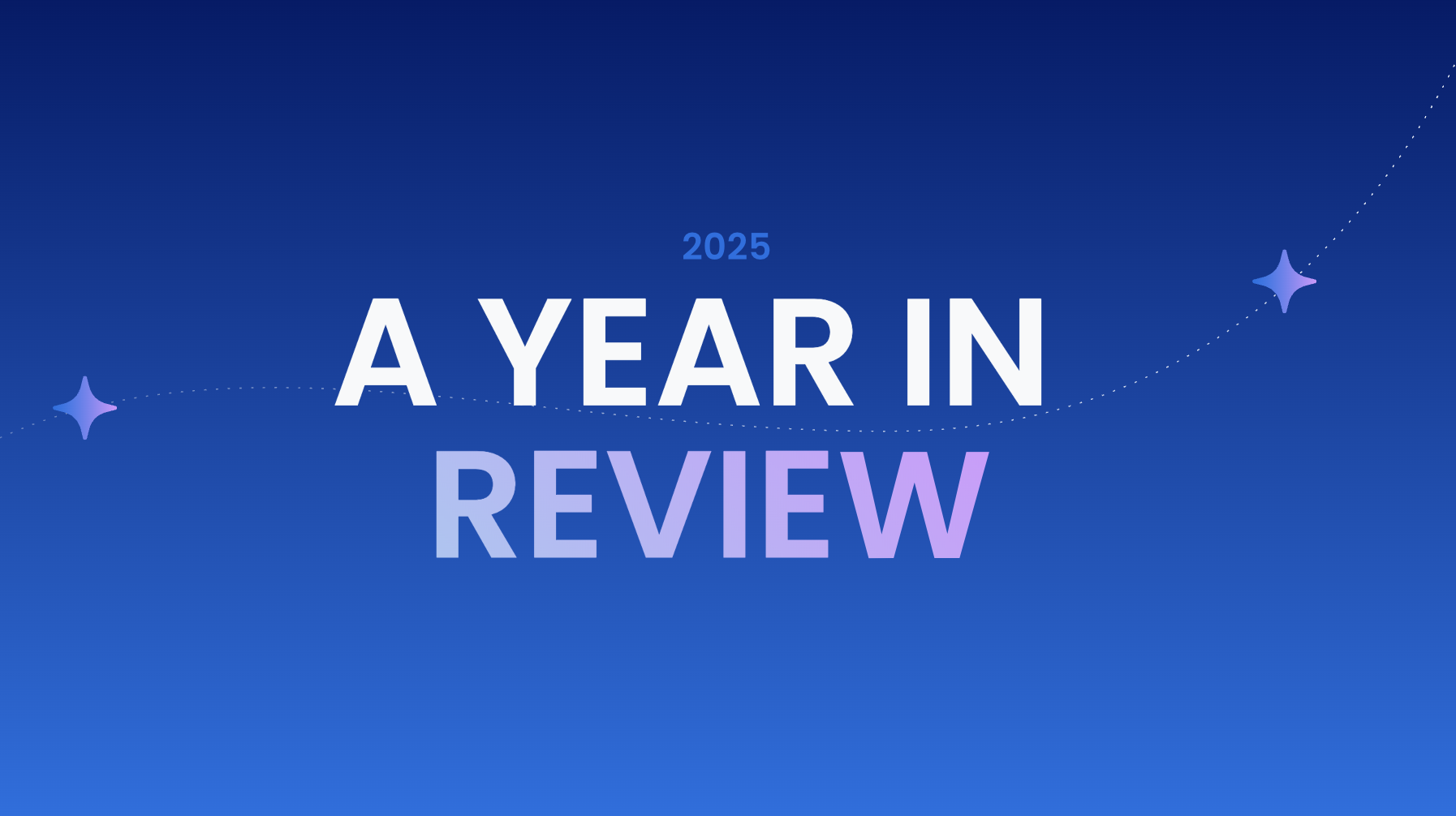


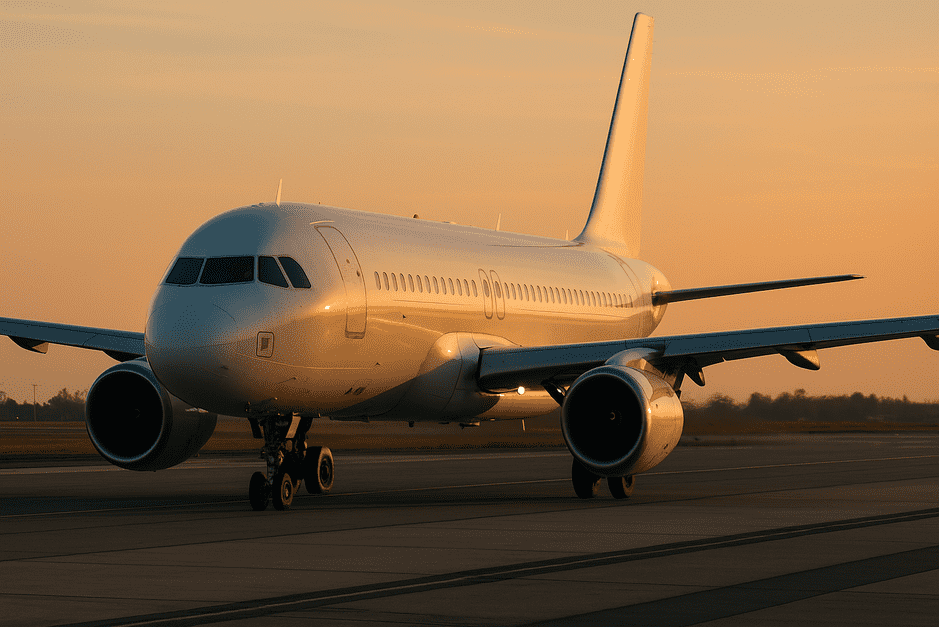



.png)






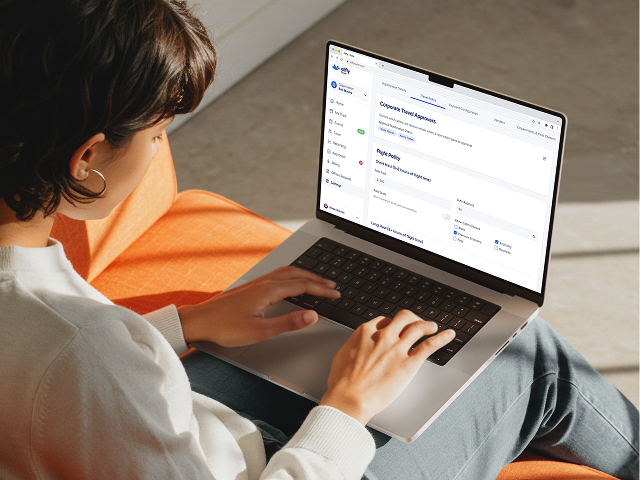

.png)
.png)


-min.png)
.png)
-min.png)
.png)
-min.png)
.png)
-min.png)
.png)


.jpg)















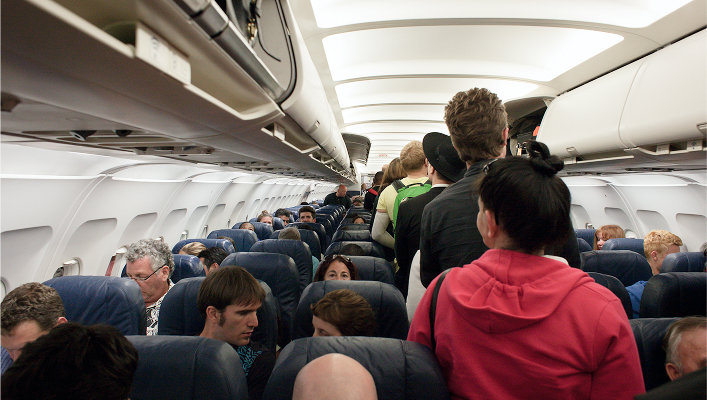
.png)
.png)



